3:00 pm - 4:00 pm | Room: Pretium Room | Session Chair: Costa Kapsis
NECB 2017 [1] requires that thermal bridging be accounted for at linear transitions such as at-grade at floors around fenestrations. Clear field (Uo) values must also account for thermal bridging elements like brick ties. Difficulties arise with the complex and expensive work required to create 3D models of these elements for numerous possible configurations a building can use. The NECB 2017 [1] and thermal guides allow linear interpolation of intermediate values for Uo-factors and linear transmittance values (psi-factors) between two exterior insulation values. However, the underlying mechanics of heat transfer via conduction are not linear and can result in errors in estimation of the intermediate values or extrapolated values. This paper investigates interpolation and extrapolation techniques using both logarithmic and piece-wise logarithmic functions to better interpolate and extrapolate Uo-factors and -factors for the clear field and linear transitions in Brick Veneer (Concrete) Block Unit (BVCU) wall systems. The approach used 2D THERM models aggregated into a 3D wall section using parallel path [1], which were then used to estimate the Uo-factors and -factors for BVCU walls when the exterior insulation values were varied between R-5 (RSI = 0.88 m2/W-K) and R-50 (RSI=8.8 m2/W-K). These values were compared with 3D models available from the University of Alberta and an online thermal catalog (https://thermalenvelope.ca/catalogue/) [2]. Using the ten points, piece-wise logarithmic functions were programmed in visual basic for EXCEL so that Uo-factors and psi-factors could be interpolated or extrapolated for any exterior RSI value. The piece-wise logarithmic functions resulted in a fit to the data with an R-squared value of 0.99 or better indicating they are a very good fit for the data and an excellent predictor of intermediate Uo-factors and psi-factors for concrete block backup brick veneer walls.

Dr. Hagel Holds a Bachelor of Science in Actuarial Science and Applied Mathematics, a Bachelor of Science in Civil Engineering, and a Doctor of Philosophy in Civil Engineering all from the University of Calgary. Prior to employment with the Alberta Masonry Council, Mark worked for the Canadian Concrete Masonry Producers Association. He then moved on to the role of a Building Envelope Engineer and Structural Engineer with the Calgary office of Halcrow Yolles.
Mark’s thesis dissertation, “Service Life Prediction of Connectors in Masonry Veneer Wall Systems”, was heavily rooted in building science and structural engineering.
Mark’s fields of expertise include thermal and hygrothermal modeling of building systems, corrosion modeling, Life Cycle Cost Analysis, structural analysis and design, and the durability of building components.
In 2018 Mark served on the National Research Council of Canada’s (NRC) working group that developed the Guideline on Design for Durability of the Building Envelope.
Mark has also taught first year engineering courses as a sessional professor at both the University of Calgary and Mount Royal University.
Diamond Sponsor

Emerald Sponsor

Emerald Sponsor
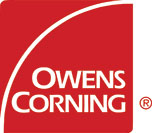
Emerald Sponsor

Emerald Sponsor

Emerald Sponsor

Gold Sponsor

Associate Sponsor
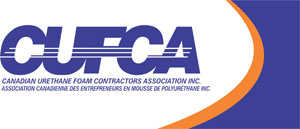
Silver Sponsor

Silver Sponsor

Silver Sponsor

Silver Sponsor

Bronze Sponsor

Bronze Sponsor

Bronze Sponsor

Bronze Sponsor

Bronze Sponsor
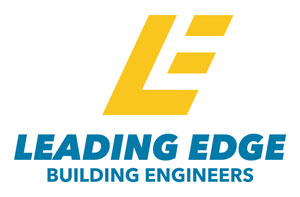
Bronze Sponsor

Bronze Sponsor

Bronze Sponsor
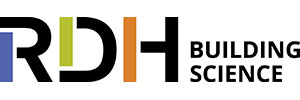
Bronze Sponsor

Bronze Sponsor

Bronze Sponsor

Bronze Sponsor
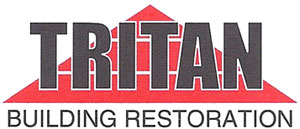
Bronze Sponsor
